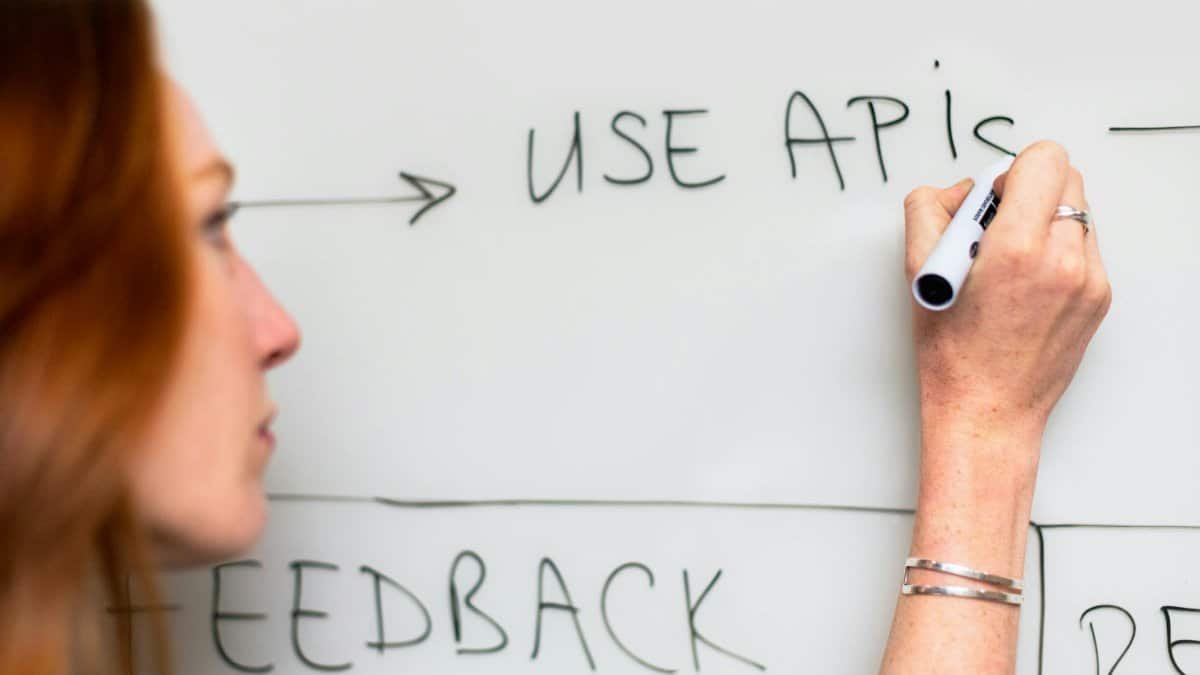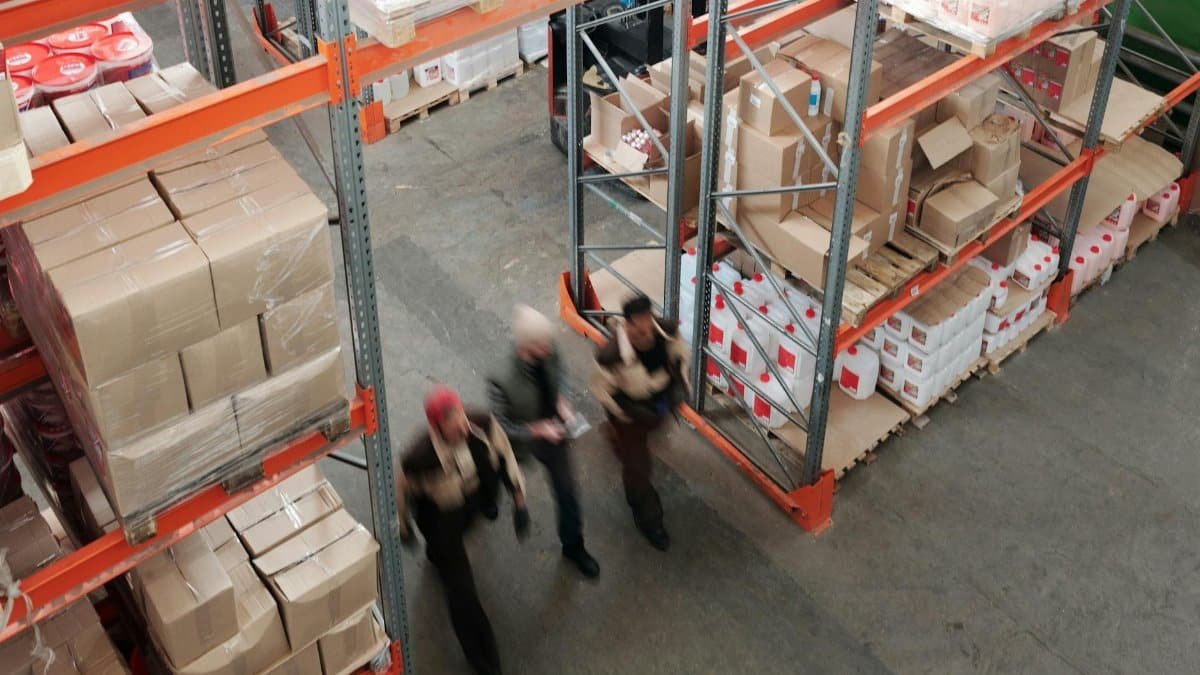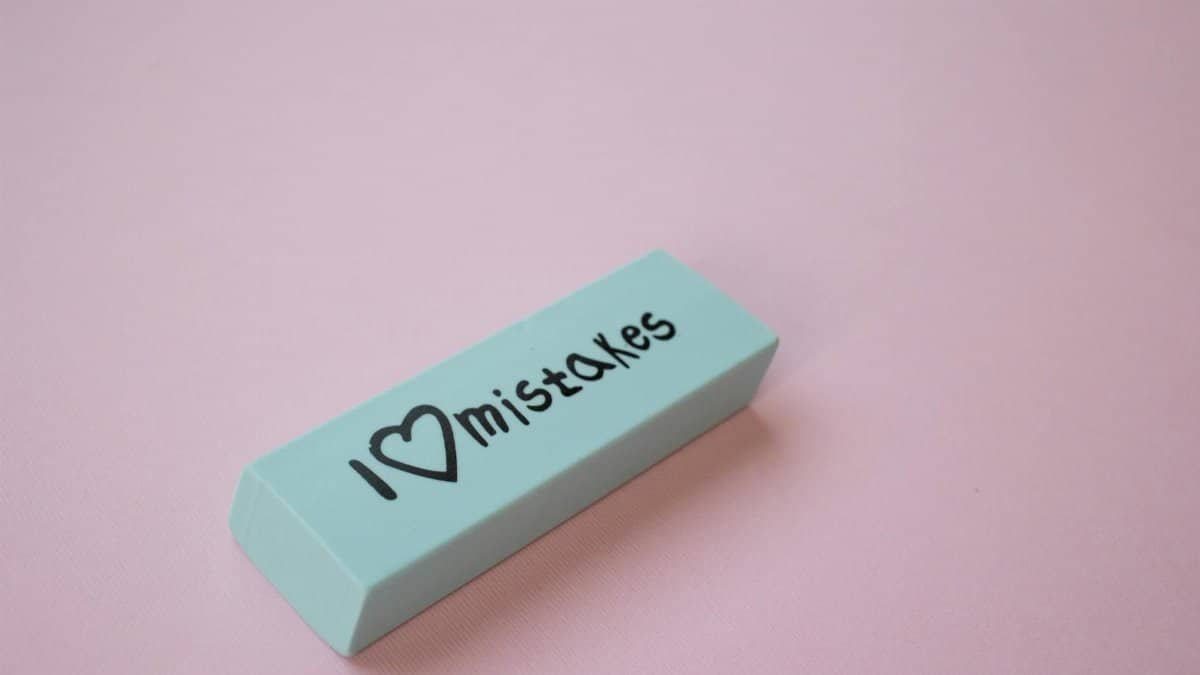Imagine a quiet morning, the kind where the world hasn’t yet intruded with its demands. You sit at your desk, coffee in hand, ready to tackle the day. But before you even begin, a familiar voice creeps in, whispering that you’re behind, that you’re not doing enough, that every minute must be optimized. This isn’t just self-discipline—it’s the inner critic masquerading as productivity. For many Americans in 2025, this subtle saboteur shapes daily life, turning ambition into a relentless grind. The concept of inner critic productivity reveals how our internal dialogue can hijack genuine effort, dressing up self-doubt as a drive to succeed. It’s a trap that’s easy to fall into, especially in a culture that glorifies hustle. But how do you spot it? How do you separate true progress from this deceptive inner voice? Let’s unpack the signs.
1. Every Task Feels Like a Test

You start a project, and instead of focusing on the work, a nagging thought looms: this has to be perfect. It’s not just about getting it done; it’s about proving something—to yourself, to others, maybe to no one in particular. This is inner critic productivity at play, where every action becomes a referendum on your worth. A 2023 study from the American Psychological Association notes that chronic stress tied to self-imposed pressure affects over 60% of U.S. adults, often manifesting as perfectionism. Instead of enjoying the process, you’re on trial. A colleague once described it as “feeling like I’m auditioning for my own life.” The result? Burnout, not brilliance.
Next time you feel this weight, pause. Ask if the stakes are really as high as your mind insists. Often, they’re not.
2. Rest Feels Like Failure

Picture this: it’s Saturday, and you’ve planned a rare day off. But as you lounge on the couch, guilt creeps in. Shouldn’t you be catching up on emails? Tackling that side project? Inner critic productivity thrives on the idea that rest is a betrayal of your goals. According to a report by the Centers for Disease Control and Prevention, insufficient rest is linked to decreased productivity and higher stress, yet many Americans still equate downtime with laziness. This voice doesn’t let you recharge; it demands constant output. The irony? You’re less effective when exhausted. Recognizing this pattern is the first step to reclaiming rest as a right, not a reward.
3. You Measure Worth by Output

“If I don’t finish this today, I’m useless.” Sound familiar? When your self-esteem hinges on how much you accomplish, the inner critic is steering the ship. It’s not enough to do well; you must do more, always. Research from Pew Research Center highlights how societal pressure to succeed fuels this mindset, especially among middle-aged adults balancing careers and family. One person shared in an online discussion, anonymously venting about feeling “like a machine judged by its daily quota.” This isn’t productivity—it’s a trap. True progress includes valuing who you are, not just what you produce.
Try this: list three things you value about yourself unrelated to work. It’s a small shift, but it can quiet that critical voice.
4. Comparison Drives Your Pace

Scrolling through social media, you see a peer’s latest achievement. Suddenly, your own to-do list feels inadequate. You push harder, not because the work demands it, but because you’re racing against someone else’s highlight reel. This comparison game is a hallmark of inner critic productivity. It’s less about your goals and more about outrunning perceived shortcomings. A study published by the National Institutes of Health ties frequent social media use to heightened anxiety and self-comparison, especially among adults aged 30-50. The fix isn’t to work faster; it’s to refocus on your own path. Easier said than done, sure, but start by curating who you follow. Surround yourself with inspiration, not competition.
5. Small Wins Don’t Count

You finish a report early or finally organize that cluttered desk. But instead of a pat on the back, your mind jumps to what’s next. “That’s nothing,” it sneers. “Real progress is bigger.” This dismissal of small victories is the inner critic at work, undermining genuine achievement. Psychologists note that acknowledging incremental progress boosts motivation, yet many overlook it. When every step feels insignificant, you’re stuck in a cycle of dissatisfaction. Take a moment to celebrate the little things. Write them down if you must. They add up, even if that voice tells you otherwise.
Over time, this habit rewires how you see success. It’s not always a grand finish line; sometimes, it’s just showing up.
6. You Overthink Every Decision

Should you send that email now or later? Is this the right font for the presentation? Hours slip by as you second-guess trivial choices, paralyzed by the fear of getting it wrong. This overthinking, often disguised as diligence, is inner critic productivity draining your energy. It’s not about care; it’s about control. The APA’s stress report, linked earlier, ties this behavior to heightened anxiety, especially in high-pressure environments. A friend once admitted, “I’ll rework a single sentence for an hour, terrified it’s not good enough.” Break the loop by setting time limits for decisions. Most choices aren’t life-or-death. Trust your gut, then move on.
7. Deadlines Become Personal Attacks

A looming deadline isn’t just a date on the calendar; it’s a judgment. If you miss it, you’ve failed—not just at the task, but as a person. This personalization of external pressures distorts reality, turning neutral events into inner critic ammunition. It’s a mindset that thrives in workplaces obsessed with speed over substance. When every ticking clock feels like a critique, stress skyrockets. Counter it by reframing deadlines as tools, not threats. They’re there to structure, not shame. If you slip, assess why without the harsh narrative. Often, it’s a system issue, not a character flaw.
8. You Can’t Say No

Another project lands on your plate. You’re swamped, but the thought of declining feels like admitting weakness. So, you say yes, piling on more to prove you can handle it. This isn’t ambition; it’s the inner critic pushing you to overcommit. Refusing to set boundaries becomes a twisted form of productivity. Studies show overworking leads to diminished returns, yet the pressure persists. Saying no isn’t quitting—it’s prioritizing. Start small. Decline one non-essential task this week. Notice how the world doesn’t collapse.
9. Feedback Stings Disproportionately

A mild critique from a boss or peer hits like a punch. Instead of seeing it as input, you hear confirmation of your worst fears: you’re not enough. The inner critic latches onto feedback, amplifying it into a personal indictment. This distorts how you grow from criticism, turning learning into self-flagellation. Research underscores that constructive feedback is vital for growth, but only if received with balance. Practice separating the comment from your identity. It’s about the work, not you. Over time, this shift dulls the sting.
10. You’re Always “Busy” But Not Fulfilled

Your calendar is packed, your inbox overflowing. Friends ask how you’re doing, and “busy” is the automatic reply. Yet, at day’s end, there’s a hollow feeling. Inner critic productivity fills your hours with motion, not meaning. It’s a treadmill—constant effort, no destination. Reflect on what truly matters. Are you spending time on priorities or just filling space? Adjust one hour this week toward something fulfilling, even if it’s small. That empty feeling might start to lift.
11. Mistakes Feel Catastrophic

A typo in an email or a missed meeting sends you spiraling. “How could I be so careless?” the voice hisses. Mistakes, which are human, become evidence of failure under the inner critic’s lens. This hyperfocus on flaws derails actual problem-solving. Most errors are fixable, often unnoticeable to others. A mindset shift helps: view mistakes as data, not disasters. What can you learn? Fix it, then let it go. The critic hates that kind of pragmatism.
12. Joy Gets Postponed

“I’ll relax once this is done,” you tell yourself. But there’s always another task, another goal. Joy becomes a distant promise, contingent on some unattainable finish line. Inner critic productivity convinces you that happiness must be earned through endless grind. It’s a lie. Life isn’t a transaction. Carve out moments of joy now— a walk, a laugh, a quiet minute. They’re not distractions; they’re fuel. In 2025, amidst relentless pace, reclaiming these moments might be the most productive act of all.
